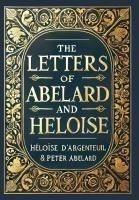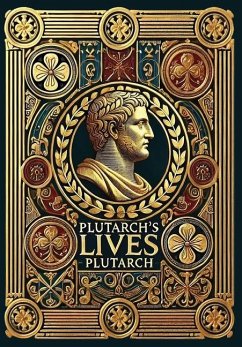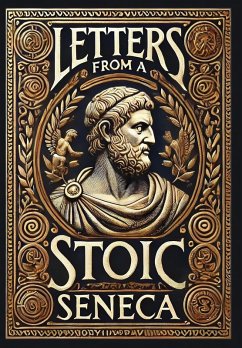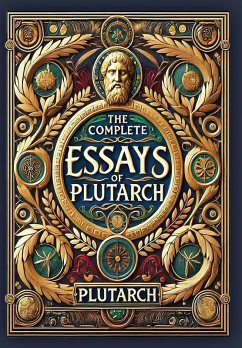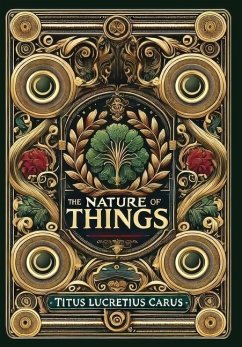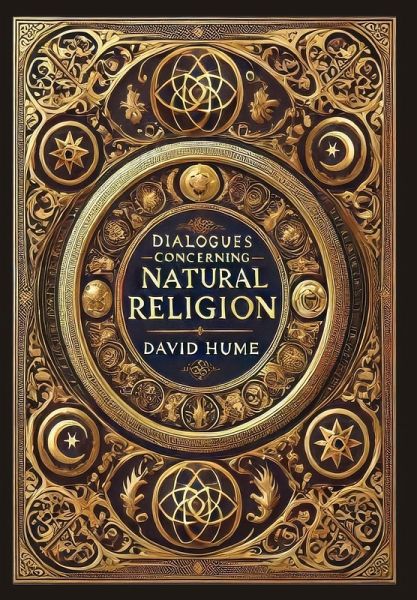
Dialogues Concerning Natural Religion (Collector's Edition) (Laminated Hardback with Jacket)
Versandkostenfrei!
Versandfertig in über 4 Wochen
37,99 €
inkl. MwSt.

PAYBACK Punkte
19 °P sammeln!
Three thinkers debate God's nature, with reason clashing against skepticism. Arguments unfold on design, faith, and understanding, leaving the mystery unresolved for the reader.






